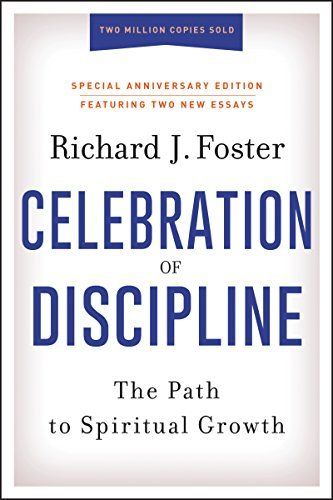Accumalation of information and knowledge are two different things. That’s an important thing to understand in our information driven age, where we are constantly connected to the internet. Not only do we have unlimited information that is made available to us (often brokered by algorithms and biases), but we’ve also become accustomed to divided attention: having multiple screens going - doing one thing while having entertainment or news going on in the background. An important thing to realize, however, is that as Richard Foster has recognized: “the ingrained habits of thought that are formed will conform to the order of the thing being studied. What we study determines the kind of habits that are formed, which is why Paul urges us to focus on things that are true, honorable, just, pure, lovely, and gracious” (p. 64).
Study is an important part of our formational journey, however, the invitation is not to get ‘more information’ about the Bible, but rather grow in our knowledge of God, ourselves, and others. The goal is not to make the Bible fit our worldview, but to have humble hearts of curiosity that seek to understand the narrative of the story of the Bible which (we at the Vineyard believe) points to Jesus.





